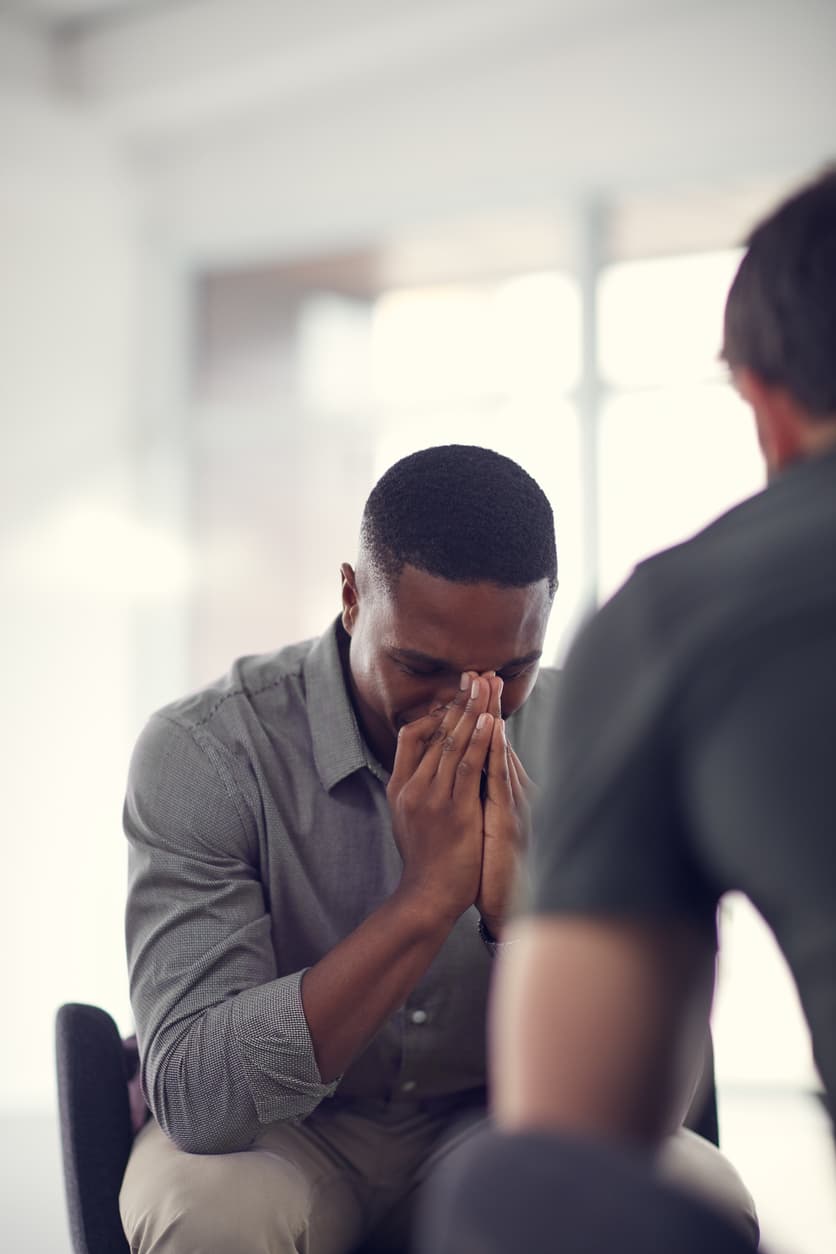Gabapentin Addiction Treatment Rehab
Struggling with prescription drug addiction? Ocean Recovery is here to advise you on treatment and rehab options available. Get Help NowOur Centres
Rehab In Northern England

Google Reviews
4
Rehab in Scotland

Google Reviews
5
Rehab in Greater London

Google Reviews
4.5
Rehab in the Midlands

Google Reviews
4











